Promoting PPP in economic and social infrastructure
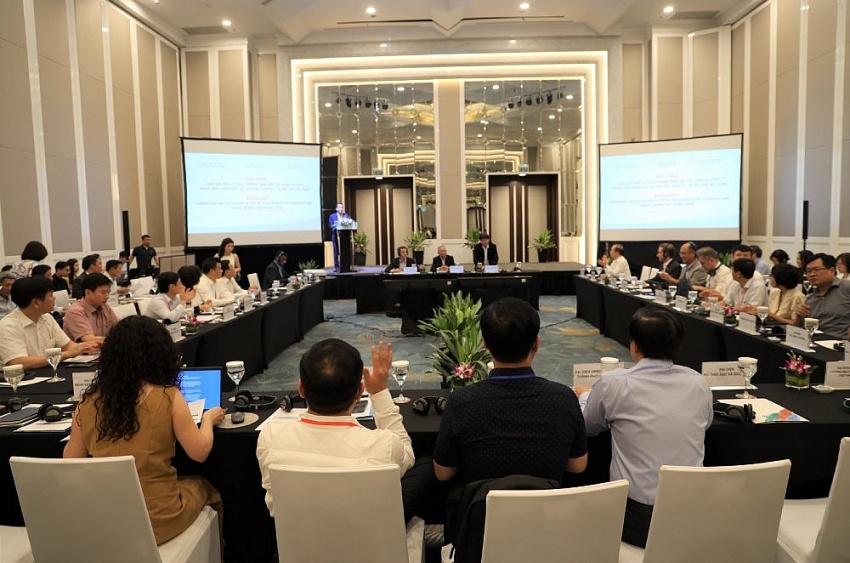 |
| Promoting PPP in the development of economic and social infrastructure in Vietnam |
Developing a synchronous and modern infrastructure system in both the economy and society is one of the three strategic breakthroughs that the state and Party set have forth. Resolution 13-NQ/TW maps out the direction for building a synchronous infrastructure system by 2020, including transport infrastructure, education and training, and healthcare. And Resolution 10-NQ/TW proposes solutions to improve institutions in public-private cooperation in investment and operation of infrastructure projects.
In Vietnam, the average demand for total social investment capital in the five years during 2021-2025 is about 32-34 per cent of GDP. However, the average proportion of public investment capital in five years only accounts for about 16-17 per cent of the total investment capital of the whole society (about VND2.9 quadrillion~ $123.5 billion).
"Thus, public investment capital cannot fully meet the capital requirements for socioeconomic development and investment, mobilising other social resources, including from the private sector, plays an important role," said Do Ngoc An, Deputy Head of the Party Central Committee's Economic Commission. "In numerous countries around the world, including developed countries like South Korea, Canada, France, and developing countries like Indonesia, the Philippines, and Brazil... mobilising private resources through the PPP method has been applied for a long time and contributed significantly to the social infrastructural development of each country."
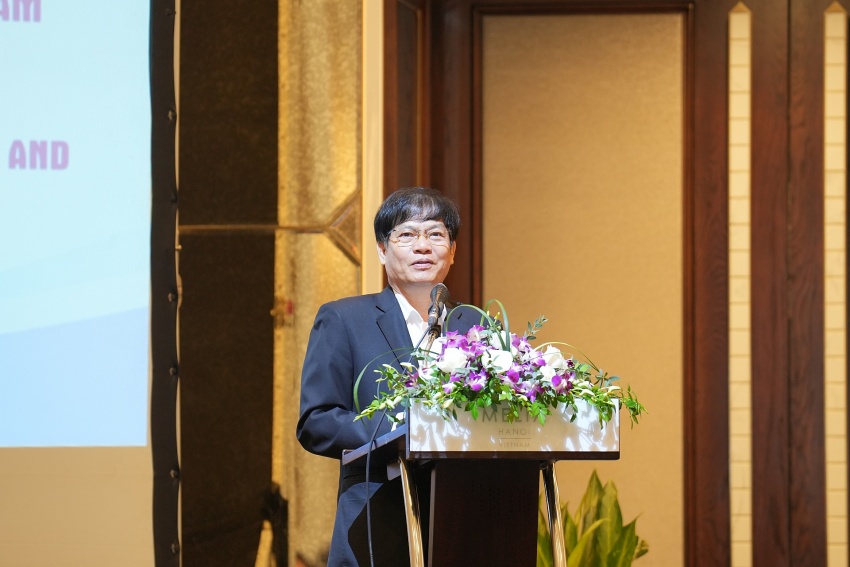 |
| Do Ngoc An, Deputy Head of the Party Central Committee's Economic Commission |
In 2020, the National Assembly promulgated the Law on public-private partnerships (PPPs), stipulating the rights, obligations, and responsibilities of various sides under the mode of public-private partnership in five areas, including transportation, electricity, irrigation and clean water, health and education, and IT infrastructure. The government has issued many decrees and circulars to complete the legal framework for investment implementation under the PPP method.
According to the Party Central Committee's Economic Commission, the implementation of PPP projects has achieved some results, contributing to the improvement of the country's infrastructure system. In addition to traditional investment capital sources including the state budget, government bonds, and official development assistance, investment capital from the non-state sector through the PPP method has contributed to the development of numerous localities and the improvement of transport, urban, and energy infrastructure there.
"Almost billions of US dollars from the private sector have been mobilised to build national highways, expressways, power plants, and many other projects, contributing to the country's socioeconomic development," An said.
However, the implementation of social infrastructure development projects under the PPP method in Vietnam still is struggling with numerous problems, negatively affecting the PPP investment environment and the implementation of new PPP projects.
"The number of new projects implemented under the provisions of the PPP Law is still too few, most of them are in the transport sector. So the public investment resources have not really confirmed the leading role as "priming capital" to attract resources from the private sector in infrastructure development," An said.
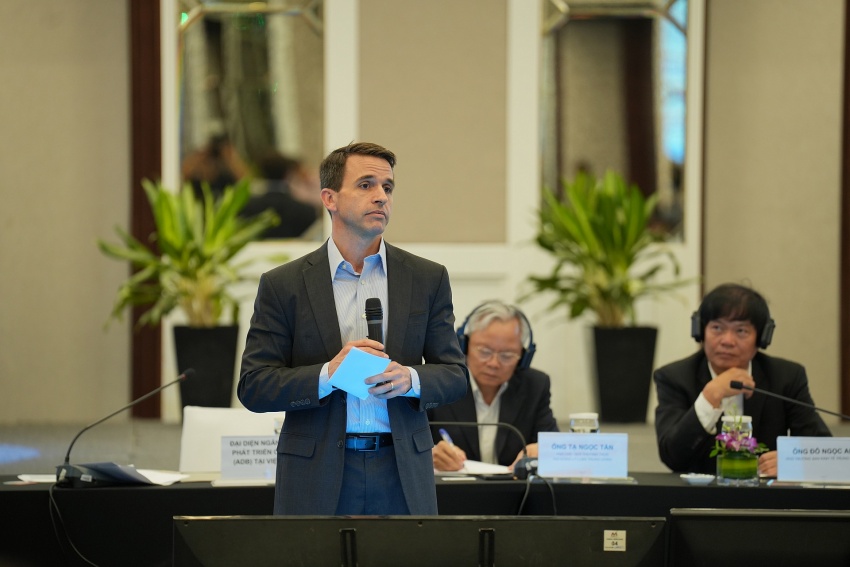 |
| Donald Lambert, senior advisor at ADB's Private Sector Operation |
Donald Lambert, senior advisor at ADB's Private Sector Operations said that the Australian government spent $2.8 million to Vietnam's government through ADB supporting technical activities, build mechanisms, and share experiences and successful PPP cases.
The ADB expert highlighted four necessary things to do. First, ensureing the legal framework is relatively enough, including law and decree, and ADB is working with the Ministry of Health and the Ministry of Agriculture and Rural Development to build circulars on guidelines to remove obstacles going forward.
Second, the improvement of capacity is essential.
"So we should provide economic information as much as possible from policymakers to businesses to share experiences, good practices, guidelines," Lambert said.
Based on the Law on PPP, more PPP projects will be carried out successfully. Last year, ADB signed with the Hanoi University of Science and Technology to pilot the building dormitories, which will bring a lot of experience and lessons for both sides in implementing a PPP project.
"However, to deploy big PPP projects at the national-level, we need some guarantees to attract more private investors to participate in PPP projects," the ADB representative emphasised.
At the workshop, delegates discussed and proposed solutions to build an investment attraction environment in the form of a reliable and sustainable PPP landscape.
In-depth roundtable discussions focused on two topics: Solutions to promote PPP in the development of some social fields and providing public non-business services, and solutions to promote PPP in the fields of transport, energy, waste treatment, wastewater, and water supply.
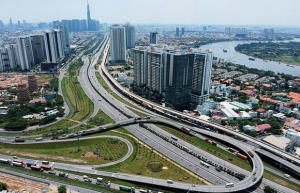 | MPI assigned to amplify disbursement of public funds The prime minister is again urging for quicker disbursement of public investment, with some localities seemingly at a standstill in implementing this task. |
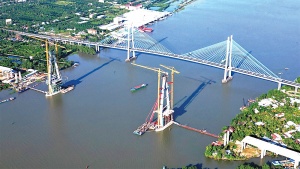 | Vow made to bridge PPP investment gaps The government has ordered an overall review on policies involving public-private partnership in a bid to woo more private investment. |
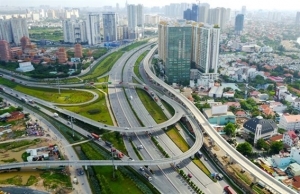 | PPP model needs more balancing, equality for private investors Vietnam's increased demand for infrastructure development in the coming years requires governmental policies that encourage the private sector's participation, said economists and policymakers. |
What the stars mean:
★ Poor ★ ★ Promising ★★★ Good ★★★★ Very good ★★★★★ Exceptional
 Tag:
Tag:
Related Contents
Latest News
More News
- Vietnam, New Zealand seek level-up in ties (February 19, 2026 | 18:06)
- Untapped potential in relations with Indonesia (February 19, 2026 | 17:56)
- German strengths match Vietnamese aspirations (February 19, 2026 | 17:40)
- Kim Long Motor and AOJ Suzhou enter strategic partnership (February 16, 2026 | 13:27)
- Haiphong welcomes long-term Euro investment (February 16, 2026 | 11:31)
- VIFC in Ho Chi Minh City officially launches (February 12, 2026 | 09:00)
- Norfund invests $4 million in Vietnam plastics recycling (February 11, 2026 | 11:51)
- Marico buys 75 per cent of Vietnam skincare startup Skinetiq (February 10, 2026 | 14:44)
- SCIC general director meets with Oman Investment Authority (February 10, 2026 | 14:14)
- G42 and Vietnamese consortium to build national AI infrastructure (February 09, 2026 | 17:32)



























 Mobile Version
Mobile Version